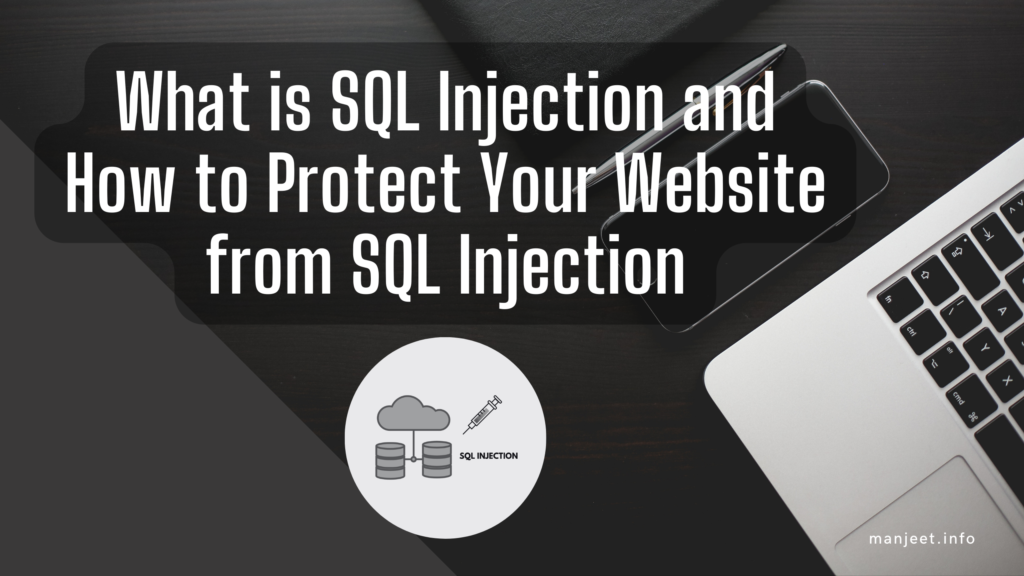SQL Injection is a type of cyber attack that can have serious consequences for your website’s security. It is a technique that attackers use to inject malicious SQL code into a website’s database, which can lead to data loss, theft, or corruption. In this blog post, we will explore what SQL injection is, how it works, and how you can protect your website from it.
What is SQL Injection?
SQL Injection is a type of injection attack that targets websites that use SQL databases. The attack works by exploiting vulnerabilities in the website’s code that allow attackers to inject malicious SQL code into the website’s database. This allows attackers to access, manipulate, or delete data stored in the database.
How does SQL Injection work?
SQL Injection attacks work by exploiting vulnerabilities in a website’s input validation process. Input validation is the process of ensuring that data entered into a website’s forms or fields is valid and safe. When a user enters data into a form or field, the website’s code should validate the data to ensure that it is safe to be stored in the database.
If the website’s code does not validate the input data properly, an attacker can exploit this vulnerability by entering malicious SQL code into the input fields. This malicious code can then be executed by the website’s database, allowing the attacker to gain unauthorized access to the database and its contents.
How to protect your website from SQL Injection?
- Use prepared statements and parameterized queries
One of the most effective ways to protect your website from SQL Injection is to use prepared statements and parameterized queries. Prepared statements are a method of writing SQL queries that separates the query logic from the input data. This ensures that any input data is treated as data and not as SQL code. Parameterized queries, on the other hand, use placeholders for the input data, which are later replaced with the actual values.
- Sanitize input data
Another way to protect your website from SQL Injection is to sanitize all input data. Sanitizing input data means removing any unwanted characters or code that could be used to inject malicious code into the database. You can sanitize input data by using a whitelist of allowed characters and rejecting any input data that contains characters that are not on the whitelist.
- Limit user privileges
Limiting user privileges can also help protect your website from SQL Injection attacks. You can limit user privileges by giving them only the minimum necessary privileges to access the website’s data. This will limit the damage that an attacker can do if they manage to gain unauthorized access to the database.
- Keep your website’s software up to date
Keeping your website’s software up to date is also important for protecting it from SQL Injection attacks. New vulnerabilities are discovered all the time, and software updates often include patches to fix these vulnerabilities. By keeping your website’s software up to date, you can ensure that any known vulnerabilities are patched, and your website is protected.
Conclusion
SQL Injection is a serious threat to your website’s security, and it is important to take steps to protect your website from it. By using prepared statements and parameterized queries, sanitizing input data, limiting user privileges, and keeping your website’s software up to date, you can help protect your website from SQL Injection attacks. It is important to remain vigilant and take steps to protect your website’s security, as the consequences of a SQL Injection attack can be severe.
Read also Protect Your Website from Hackers: A Comprehensive Guide to Website Security







